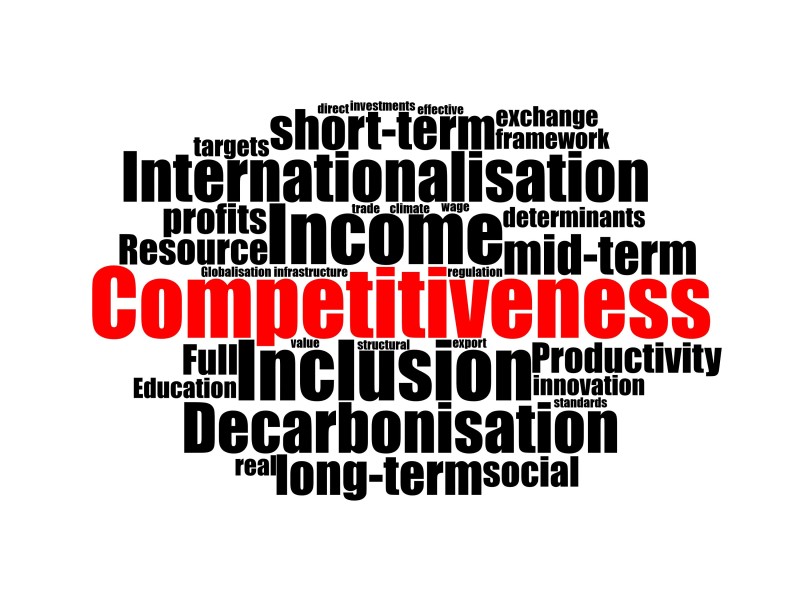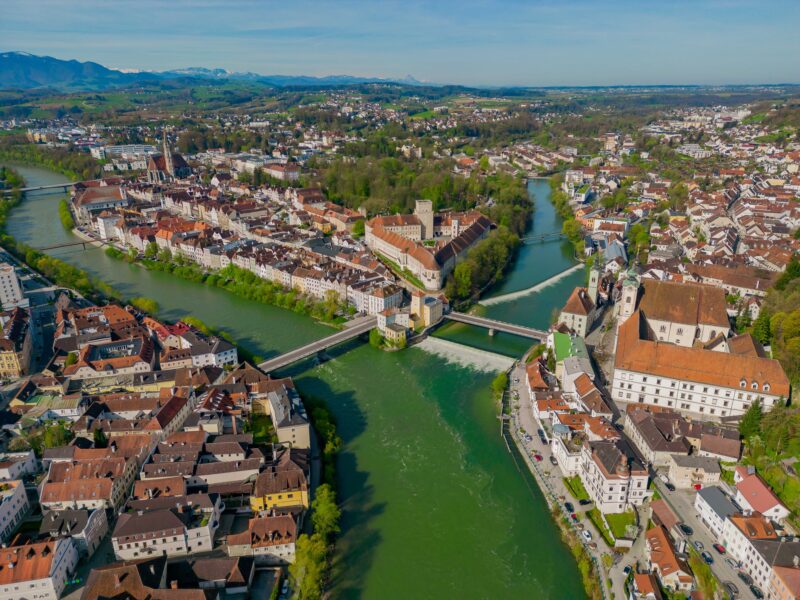
Austria Ranks 21st in the Global Competitiveness Index (GCI)
Austria has advanced by one rank to 21st place in the Global Competitiveness Index (GCI) published by the World Economic Forum (WEF) in Geneva. Austria benefits from high macroeconomic stability, which is reflected in favourable budget developments and low inflation rates. It also achieves good values in the quality of traditional infrastructures such as roads, railways, electricity or water supply as well as in legal security, e.g. the protection of intellectual and other property rights or the independence of the judiciary.
The high burden of public regulations, the limited number of flight connections, the low use of high-performance broadband networks or the high taxes and levies on labour, for example, have a negative impact on the overall result.
Austrian managers also complain about the lack of qualified workers, especially those with digital skills. The lack of mobility within Austria and restrictions on the use of foreign labour exacerbate the shortage of skilled workers.
The indicators for corporate financing are also below average, where, for example, the low market capitalisation and the lack of venture capital are rated negatively. Further criticisms are the low willingness to take entrepreneurial risks or the length of time it takes to set up a new company.
WIFO is the Austrian partner of the WEF. The ranking is based on 103 indicators, of which "hard" statistical data are responsible for 70 percent of the overall rating. 30 percent are based on the assessments of around 13,000 managers worldwide. In Austria, 167 managers took part in the survey conducted by WIFO.
The newly established WIFO Thematic Plattform "Competitiveness" bundles research at the Institute on relevant issues. The Thematic Platform offers access to relevant WIFO publications and the respective experts under the following link: https://www.wifo.ac.at/themen/wettbewerbsfaehigkeit.

Please contact
























